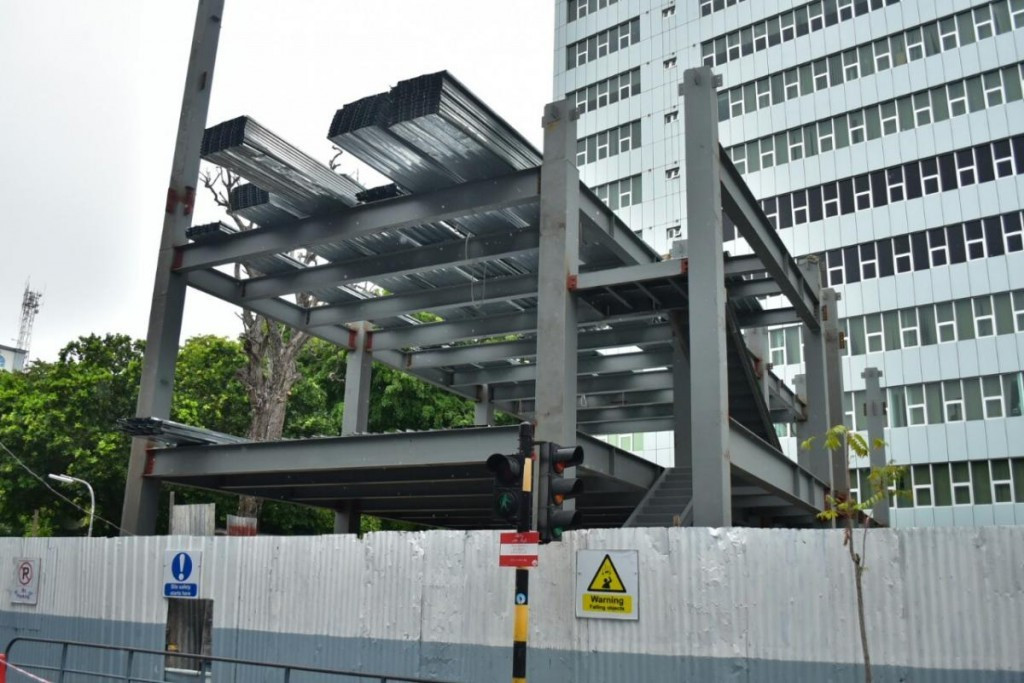Male’, Maldives – The Education Ministry’s audit report for 2017 has shown that the demolition of the old Dharumavantha School building likely involved corruption as it shows several million Rufiyaa increased to the project.
According to the audit report, a contract was awarded to a company for the demolition of the school building in October 2016 for MVR 1,494,600. The demolition work was to be finished within 60 days from the date of contract.
However, the party to which the project was awarded to, informed in a letter sent to the Education Ministry that the company would have to charge an extra MVR 1.1 million for the demolition of the southern wing of the school, claiming that the original contract did not include the demolition of that particular wing. This increased the total project cost to MVR 2,595,000. The contractor also informed that the project completion duration would increase to 90 days instead of 60 days.
The audit report said that the Public Finance Act states that project costs can be increased by 10 percent at the most. However, the Education Ministry had agreed to the new cost proposed by the contractor with the permission of the Finance Ministry, which was 74 percent more than the original project cost.
The audit office further said that while the bid announcement and information sheets had clearly stated that the project involved the demolition of the entire school building, if the cost for the demolition of the south wing was not included in the proposed bid, it is negligence on part of the party that submitted the bid. The report said the government cannot be held responsible for any losses faced by the company due to its own negligence.
The report further stated that while documents at the ministry state that the project has reached completion, some buildings that were included in the drawing attached with the bid announcement still remain standing. However, there does not seem to be any further addendums to the agreement, the report noted.
Therefore, it is likely that the project was carried out in such a way that there were undue benefits for involved parties, and requires further investigation by relevant authorities, the report concluded. The 2017 audit report noted several other actions carried out by the ministry that were against regulations.





